Who is responsible for ensuring that good food doesn’t end up in the bin? Scroll Down
Anne Hildebrand (METRO AG) and Raphael Fellmer (SirPlus) are both pursuing the same aim: they want to significantly reduce food waste and make rescuing surplus food socially acceptable.

A A third of the world’s food ends up in the bin. In Germany alone, the agricultural, manufacturing, retail and food service sectors as well as private households throw out around 18 million tonnes of food each year. Some is thrown away because of overproduction, some because it does not meet the required standard shape, some because it has passed its best-before date or because the portion size was bigger than the diner’s appetite.
In most cases, food that is thrown out is still edible. The biggest food wasters are consumers. Germans throw away 82 kilograms of food on average per person each year, according to a study from the University of Stuttgart. That’s enough to fill 2 shopping trolleys.
So why does this happen? And what can be done about it? Raphael Fellmer, a food rescuer and co-founder of SirPlus, and Anne Hildebrand, Head of Corporate Responsibility at METRO AG, discussed the issue on an autumn walk by the Krumme Lanke lake in Berlin.
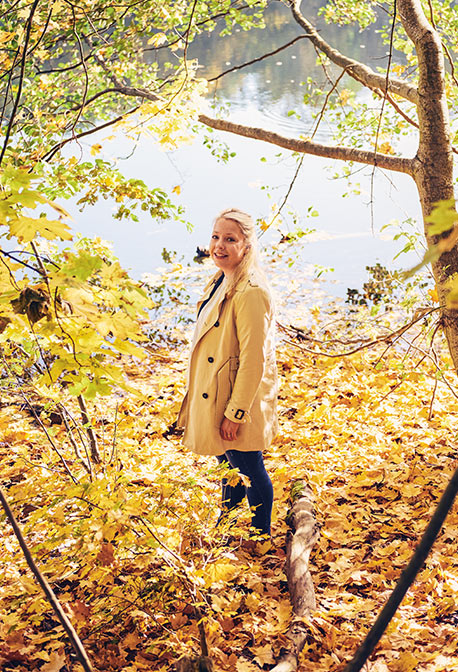
THE PERSEVERING WOMAN
Anne Hildebrand has been working for METRO for 10 years. As Head of Corporate Responsibility, she is pushing for a reduction in food waste within the company and at national and European level – as a member of various political bodies and working committees.
Mr Fellmer, Ms Hildebrand, why do we throw food away?
RF Food waste starts with the producers and ends with ourselves, the consumers. Lots of people have forgotten how to value food. We want to buy our favourite bread just before the shop closes and have the perfect snack at home for whatever mood we’re in. If, when we’re rummaging in the fridge, we discover that an unopened yogurt has passed its best-before date, a third of Germans will throw it away.
AH The issue of valuing food really is very important. Lots of people don’t know how many resources go into producing food. And many no longer trust themselves to assess whether that yogurt is still okay to eat. We rely entirely on best-before dates. Yet most foods are edible past that date.
What can industry and society do about this?
AH We have to change attitudes to food – including in the food service industry. Many restaurants and snack bars are still throwing away too much food. METRO offers training courses in a number of locations. In addition, lots of food is left on plates in restaurants. A large number of METRO countries have started using the reinvented doggy bag, which makes it socially acceptable to take leftovers home.
RF Yes, exactly. Food rescuing has to become cool. Leftovers are not second-class food! This message needs to reach the heart of society, which is why we at SirPlus are making food rescuing mainstream. We have to start with the children and keep on calling on people to change their behaviour.
AS A RETAIL COMPANY, WE WANT TO SELL FOOD, NOT THROW IT AWAY. ANNE
HILDEBRAND
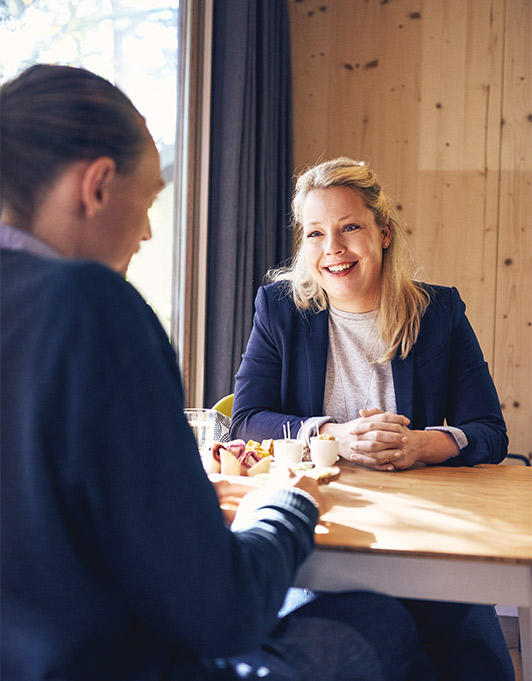

What else is METRO doing?
AH It may sound obvious, but as a retail company, we want to sell food, not throw it away. That’s why we are constantly improving our processes. Our aim is to reduce food waste in our business by 50% by 2025.
RF That’s a very ambitious aim. I’m pleased that METRO is setting a good example. As a cooperation partner, we are happy to help achieve this aim by taking surplus that is not given to the Tafel food banks, and putting it back into circulation in a responsible manner.
AH That’s an important point. We give around half of our surplus food to the Tafel food banks. But they can’t take everything. They are subject to the same regulations that we have to comply with as retailers. If products are past their best-before date, we are liable. SirPlus had the idea – and the courage necessary – to jump into this gap. Because that’s a way of further reducing food waste.
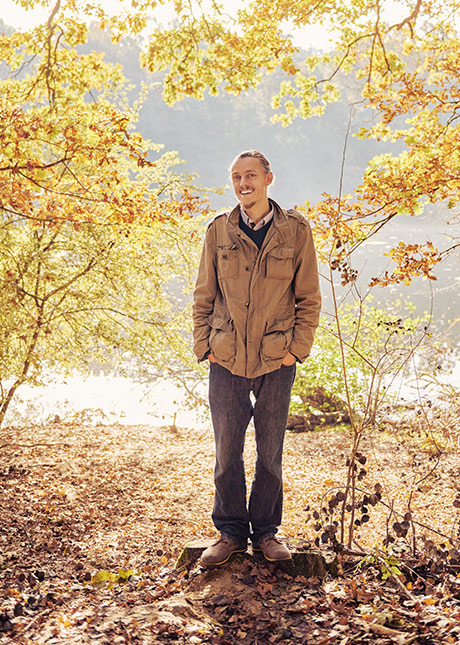
THE PIONEERING MAN
Raphael Fellmer has been rescuing food since 2009. He travelled around the world with no money, lived without money for 5 years, started the foodsharing.de initiative and founded SirPlus with 2 friends in 2017. The Berlin-based start-up sells surplus food at low prices in a high-street shop and online. It sources its products from agricultural and retail partners.
What makes SirPlus different?
RF We want to make food rescuing a mainstream activity and break through the stigma that out-of-date or surplus food is bad. That’s why we offer these products at SirPlus. We are ready to take on the product liability risk. Of course, we point out that the goods are past their best-before dates. And we regularly run sample tests to check that the food really is still okay.
WE NEED TO VALUE FOOD AGAIN. Raphael
Fellmer
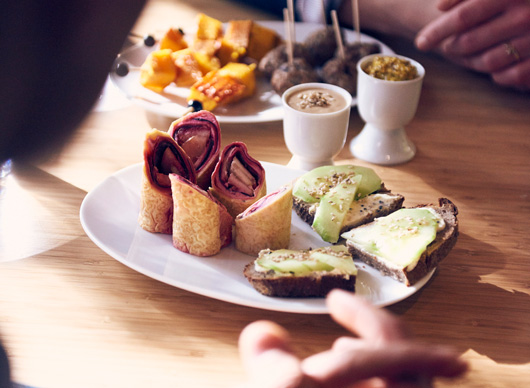
What are your own food habits?
RF In 2009 I was galvanised by a film about people who recover edible food from bins. Since then, I’ve got involved, and I am very conscious about how I eat. We cook vegan meals at home and use a lot of surplus food. It gives us a good feeling when you know you’ve saved good food from going to waste.
AH My fridge always used to be full – because I was afraid there would be nothing there at the weekend. Now I shop differently. I don’t throw food away any more.

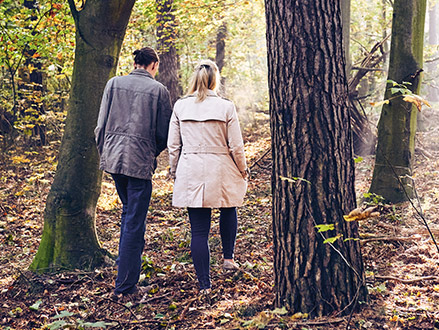

More information on the topic can be found in our publication Corporate Responsibility 2016/17 Compact: WWW.METROAG.DE/CR-COMPACT-2016-17